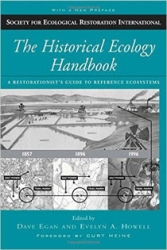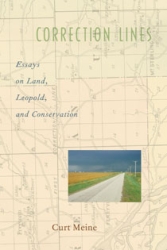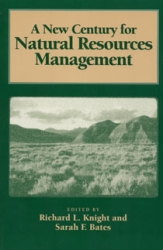
Curt Meine
Curt Meine is a writer and conservation biologist. He is author of the biography Aldo Leopold: His Life and Work, editor of the collection Wallace Stegner and the Continental Vision: Essays on Literature, History, and Landscape, and coeditor with Richard L. Knight of The Essential Aldo Leopold: Quotations and Commentaries. He has served on the board of governors of the Society for Conservation Biology and sits on the editorial boards of the journals Conservation Biology and Environmental Ethics.



